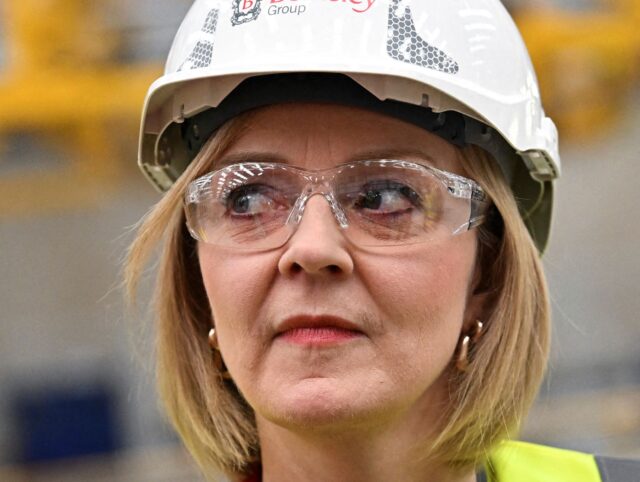Prime Minister Liz Truss has been on a media tour defending her tax-cutting ‘mini-budget’ amid fierce criticism from the left and central bankers.
Truss, who is attempting to boost growth by, among other things, cutting green levies and, controversially, the top 45 per cent rate of income tax for earnings over £150,000 — rather than the 40 per cent rate of income tax on earning from £50,000 to £150,000, which impacts mainly on the squeezed middle class — has been accused of “undercutting” the country’s central bank, which is largely unaccountable to the government, by Mark Carney, its former governor.
“Unfortunately having a partial budget, in these circumstances – tough global economy, tough financial market position, working at cross-purposes with the Bank [of England] – has led to quite dramatic moves in financial markets,” Carney said, in reference to the Bank of England’s £65 billion intervention in the economy amid volatile fluctuations in the economy.
Truss is attempting the first somewhat meaningful tax cuts for the first time since the early years of Tory government post-Labour, when David Cameron and George Osborne cut the top rate of income tax from 50 per cent to 45 per cent and increased the meagre ‘personal allowance’ workers can earn tax-free.
Boris Johnson, her allegedly libertarian predecessor, increased the tax burden to its heaviest in 70 years.
Truss was at pains to point out the direct government support being handed out to citizens facing a fearsome energy crisis in her media tour, however, insisting that the “biggest measure in the mini-budget was the support we have given to people on their energy bills and it was absolutely right that we gave that support because without that support people would be facing high fuel bills this winter” on BBC Radio Nottingham.
“I was worried about people struggling to heat their homes. But also we would have seen businesses like pubs go out of business,” she said.
“So it was the right decision to take and we need to continue to make sure we deliver the economic growth, that we deliver the jobs and opportunities. That is the long-term future that we have set out.”
Efforts to blame her woes on Russia’s President Vladimir Putin did not wash with some interviewers, with James Hanson of BBC Bristol appearing particularly unconvinced.
“We have a very difficult global situation because of the war that Vladimir Putin has perpetrated in Ukraine. And countries are under pressure around the world,” the Prime Minister told the broadcaster.
“Yes, but this isn’t Putin,” Hanson asserted.
“Your Chancellor, on Friday, opened up the stable door and spooked the horses so much you could almost see the economy being dragged behind them,” he argued, not quite impartially.
“This is about Putin and the war in Ukraine,” Truss insisted in response — to which Hanson rejoined: “So the Bank of England’s intervention yesterday was the fault of Vladimir Putin, was it?”
“What I’m saying is that it’s very difficult in stormy times in the international markets,” replied the Prime Minister.

COMMENTS
Please let us know if you're having issues with commenting.